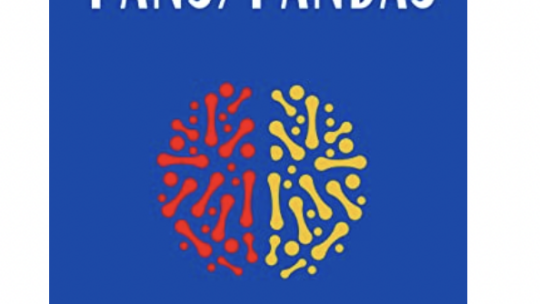Back to the Future: The Role of Infections in Psychopathology. Focus on OCD
Della Vecchia A, Marazziti D. Back to the Future: The Role of Infections in Psychopathology. Focus on OCD. Clin Neuropsychiatry. 2022;19(4):248-263. doi:10.36131/cnfioritieditore20220407
“Several pathogens have been associated with an increased risk to develop a broad spectrum of neuropsychiatric conditions, such as schizophrenia, mood disorders, autism, attention-deficit/hyperactivity disorder, anorexia nervosa, and post-traumatic stress disorder. Some evidence supported a possible role of infections also in the pathophysiology of OCD. Infections from Herpes simplex virus 1, Borna disease virus, Group A-Beta Hemolytic Streptococcus, Borrelia spp., and Toxoplasma gondii were actually found in patients with OCD. Although different mechanisms have been hypothesized, all would converge to trigger functional/structural alterations of specific circuits or immune processes, with cascade dysfunctions of several other systems.”





